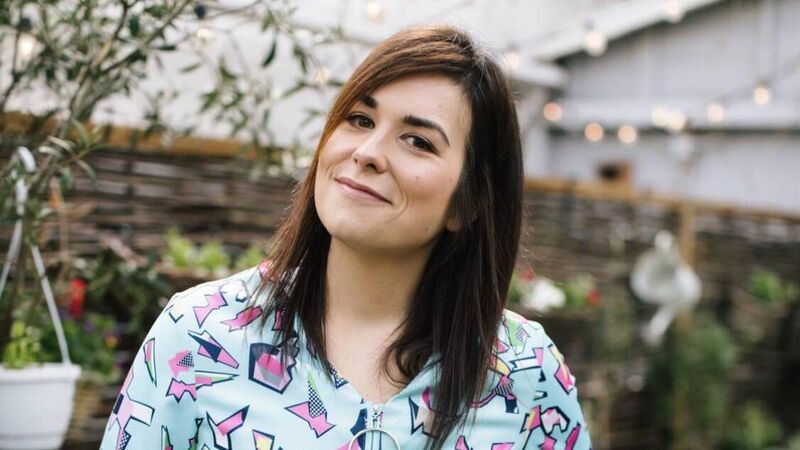Author Stefanie Preissner diagnosed at 34 with autism

Stefanie Preissner: 'I wish I had known that autism can look like me'
Screenwriter and author Stefanie Preissner has revealed that she was diagnosed with autism earlier this year.
In an interview, the 34 year-old creator of the series Can’t Cope, Won’t Cope explained that the diagnosis was part “relief” and part “a big fear."









